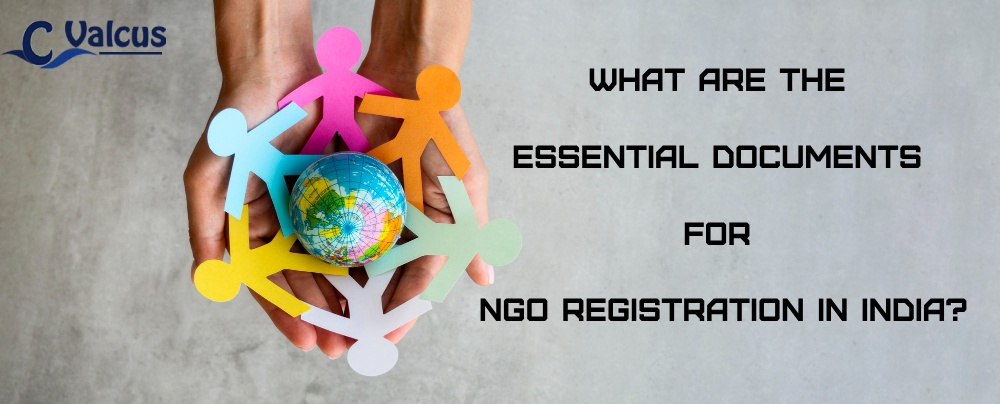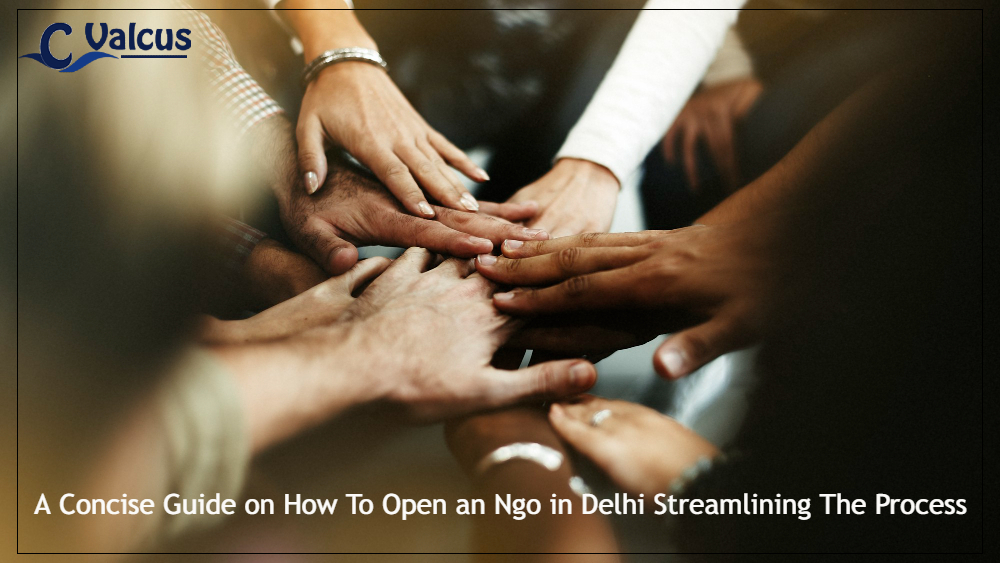
Unlocking the Power of Change: A Step-by-Step Guide to NGO Registration in India
Are you a passionate individual with a desire to make a positive impact on society? If you have a desire in your heart to do something better for society, the needy, the poor children, and others in need of help then you can choose to go for an NGO. Yes, it is one of the best and legal ways to help and encourage others to contribute to doing well for the society we live in. Unlike other countries, in India also there is a predefined NGO registration process, documentation, and other criteria to be fulfilled. Remember, unlocking the power of change begins with the registration of your non-governmental organization (NGO) in India.
For all the individuals planning to go ahead with the registration process of an NGO, we have presented a guide. This step-by-step guide will provide you with the essential information needed to navigate the complex process of NGO registration in Delhi and other locations. It will thus empower you to create a meaningful change.
A Step-by-Step Guide to NGO Registration in India
Now let us take a tour of the process or steps to be followed while going for a non-governmental organization registration in the country. It will save time, effort, and make the task easy for you.
- Step 1: Define Your Mission
The first step towards NGO registration is to define the mission you have in your mind. Identify the social cause you are passionate about and want to address through your organization. Whether it is education, healthcare, environment, or any other area, a clear and focused mission statement will guide your organization's activities and objectives.
- Step 2: Choose the Right Structure
A legal structure is necessary for every entity functioning as a non-governmental organization. Selecting the appropriate legal structure for your NGO is crucial. In India, you can choose between three common options: Trust, Society, or Section 8 Company. Each structure has its own set of requirements and benefits. Consider factors such as the nature of your work, governance structure, and funding sources while taking this vital decision.
- Step 3: Board of Trustees/Members
Forming a dedicated and qualified board of trustees or members is vital. Make sure that your board consists of individuals who share your passion and bring diverse skills and the required expertise to the table. The board will play a crucial role in decision-making, overseeing operations, and ensuring compliance with legal obligations.
- Step 4: Document Preparation
Documentation is essential for NGO registration, unlike registration of other business structures in the country. Gather and prepare the necessary documents for NGO registration. For the same, you can seek the help of reputed consulting services providers like Valcus Pvt. Ltd. and others who are experts in NGO registration processes and documentation. The documents typically include proof of address, identity proofs, photographs, affidavits, and a copy of the proposed trust deed, memorandum of association, or articles of association, depending on your chosen structure. Take care to comply with the prescribed format and ensure accuracy in the information provided.
- Step 5: Registration Process
Submit your complete application along with the necessary documents to the concerned registration authority, such as the Registrar of Trusts or Registrar of Societies. Pay the requisite fees and follow up on the progress of your application. Be prepared for any additional inquiries or clarifications from the authorities during your NGO registration process.
By following the above shared step-by-step guide, you are well on your way to unlocking the power of change through the registration of your NGO in India. In case you are occupied with some important activities, you can hire a consultant for the same.

.jpg)

